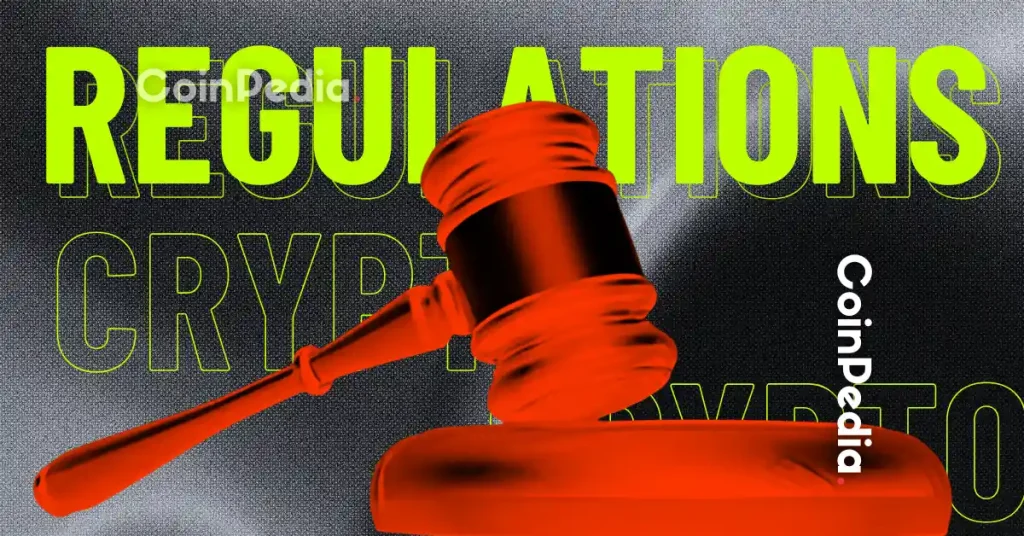Securitize to Go Public in $1.25B Cantor Fitzgerald Deal: A First for Tokenization!

The post Securitize to Go Public in $1.25B Cantor Fitzgerald Deal: A First for Tokenization! appeared first on Coinpedia Fintech News
Securitize, a leading platform for tokenizing real-world assets, is set to go public through a merger with Cantor Equity Partners II (CEPT), a SPAC backed by Cantor Fitzgerald, at a $1.25 billion valuation.
The move will make Securitize the first public company focused entirely on tokenized securities, marking a major step forward for the growing tokenization industry.
A Big Step for Tokenized Finance
Once the deal is complete, the combined company will trade on Nasdaq under the ticker “SECZ.”
Existing investors – including ARK Invest, BlackRock, Blockchain Capital, Hamilton Lane, Jump Crypto, Morgan Stanley Investment Management, and Tradeweb Markets – will roll over 100% of their shares into the new entity.
No one is cashing out, which is a clear sign of long-term confidence in the company’s future.
The merger could bring in around $469 million in gross proceeds. That includes $225 million from a fully committed PIPE led by top institutional investors such as Arche, Borderless Capital, Hanwha Investment & Securities, InterVest, and ParaFi Capital, along with $244 million from CEPT’s trust account, assuming no redemptions.
“This is a defining moment for Securitize and for the future of finance,” said Carlos Domingo, Co-Founder and CEO of Securitize. “We founded this company with a mission to democratize capital markets by making them more accessible, transparent, and efficient through tokenization.”
The news are out! @Securitize has filed to go public in Nasdaq via a merger with Cantor Equity Partners II lead by @Brandonlutnick at a $1.25B valuation
— Carlos Domingo (@carlosdomingo) October 28, 2025
Securitize to Tokenize Its Own Equity
In a first for the finance industry, Securitize plans to tokenize its own equity, showing how a public company’s shares can exist and trade onchain.
Brandon Lutnick, Chairman and CEO of Cantor Fitzgerald, called blockchain “a foundational force in the next era of capital markets,” highlighting growing institutional belief in tokenization as the next big step in finance.
Securitize’s technology integrates with 15 blockchains. The company sees itself playing a key role in a $19 trillion market opportunity as more real-world assets move onchain.
The transaction, already approved by both boards, is expected to close in the first half of 2026, subject to regulatory approvals.


